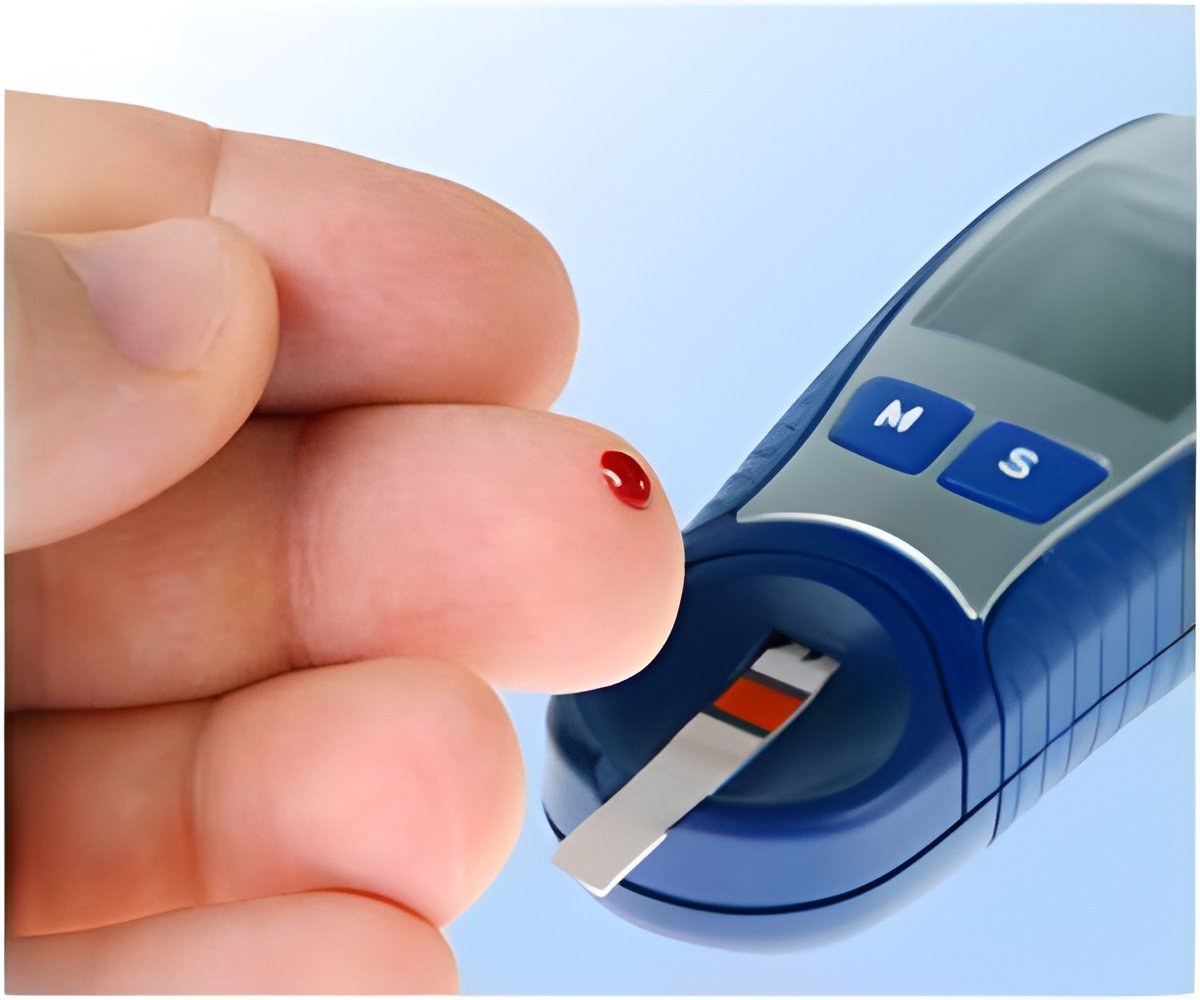Researchers say that the study points to a lack of complete information about the potential impact of a group of treatments known as GLP-1 agonists, or incretin mimetics.

In particular, their survey found that one such treatment has the hitherto unrecognized potential to activate receptor sites for the hormone, glucagon. This can promote the release of sugars into the blood, which is a process that GLP-1 agonists are supposed to prevent.
The paper stresses that these are only initial findings and that more in-depth research will be needed before "definitive conclusions can be drawn" about the existing results. The researchers also say that there is no evidence that existing GLP-1 agonists are in any way dangerous for patients, but they do call for a more comprehensive approach to testing new drugs of this type, before they are released on to the market.
Researcher Graham Ladds said that GLP-1 agonists clearly benefit many patients with Type 2 diabetes and there is no reason to presume that their findings outweigh those benefits, but they clearly lack a full picture of their potential impact.
Ladds added that understanding that picture, and being able to consider all the components of target cells for such treatments, is vital if scientists want to design drugs that have therapeutic benefits for diabetes patients, without any unwanted side effects. The study is published in The Journal Of Biological Chemistry.
Source-ANI









